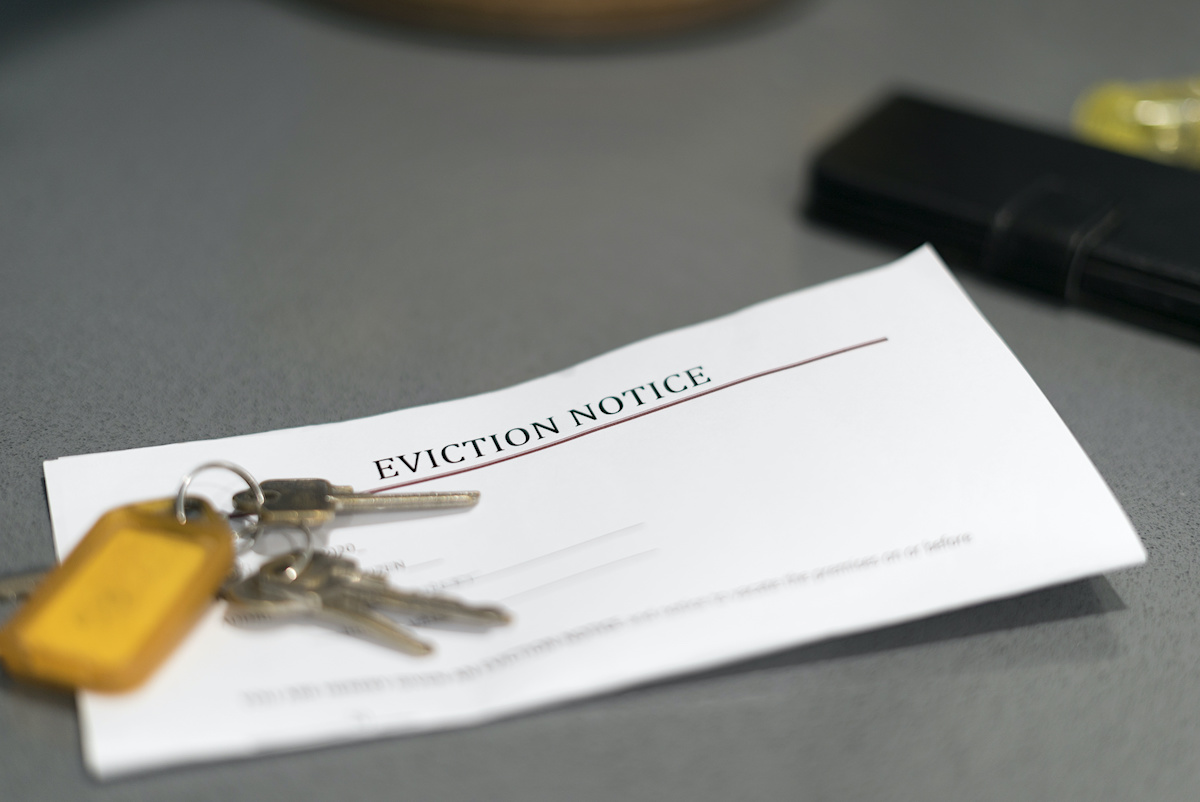
(GA Recorder) — The Georgia Department of Community Affairs has received an inquiry from the state’s Democratic congressional members over the agency’s decision to stop accepting new applications for a $1.1 billion program designed to keep thousands of families with a roof over their heads.
Six Democratic members of the Georgia delegation sent a letter to Christopher Nunn, commissioner of the Department of Community Affairs, asking him why he closed off new applications for the Georgia Rental Assistance program and how the remaining funds would be distributed.
The department announced on its website that it would no longer accept new applications after Oct. 28, an abrupt decision that caught off guard housing rights groups and other nonprofits working to assist low-income families who are depending on the payments to cover their rent.
According to the congressional letter, 235,217 evictions were filed between April 2020 and October 2022 in Atlanta despite federally enacted eviction moratoriums.
“This termination potentially leaves thousands of Georgian families without shelter, jeopardizing Georgia’s economic recovery,” reads the Dec. 2 letter from U.S. Rep. Hank Johnson and his Democratic colleagues. “These Georgians work and operate small businesses, have young children at home, or are trying to put their life back on track following a global crisis, and they deserve answers about why DCA suddenly ceased accepting new applications for the federally-funded Emergency Rental Assistance Program.”
DCA announced in late October that it would no longer accept new tenant and landlord applications due to insufficient funding. Since March 2021, nearly 90% of the $989 million in funding has been paid or committed to pay to more than 8,000 landlords for rent owed to 54,000 tenants. The Treasury Department has also reallocated $280 million to local governments.
The decision did not affect existing participants’ eligibility for additional rental assistance.
Nunn responded with a Dec. 6 letter to the Democratic delegation that the claim that it took days to notify agencies that new applicants were no longer being accepted was incorrect.
“Based on the advice and experience of other programs, GRA did not provide advance notice so as not to generate a surge of applications that the program would likely not be able to fund,” Nunn wrote. “For reference, GRA’s new applications peaked in June 2022 and has continued to trend down since that point.
“To imply it took days to communicate is simply inaccurate,” Nunn said. “Not only did DCA include a simple status update on the portal, along with detailed updates to Frequently Asked Questions, but GRA also sent more than 130,000 emails to tenants and landlords who had submitted applications.”
DCA is recommending that tenants contact their landlords directly to ensure their landlord has applied to the program, and applicants should respond promptly to documentation requests from program staff.
Funds are typically transferred directly to landlords whose delinquent tenants are at risk of becoming homeless due to job losses or other hardships during the pandemic. The federal program requires participants to earn less than 80% of the median income in their area.
A state improvement plan was submitted in November 2021 after Georgia’s 9% distribution rate fell significantly below the Treasury Department’s 30% threshold. Multiple other states were well ahead of the Georgia agency in allocating funds, but the state complained that launching the program was difficult due to the quick turnaround and bureaucratic red tape.
At the time, Georgia’s agency detailed the steps it took to improve a program that was delivering aid to renters and landlords 60% faster.







